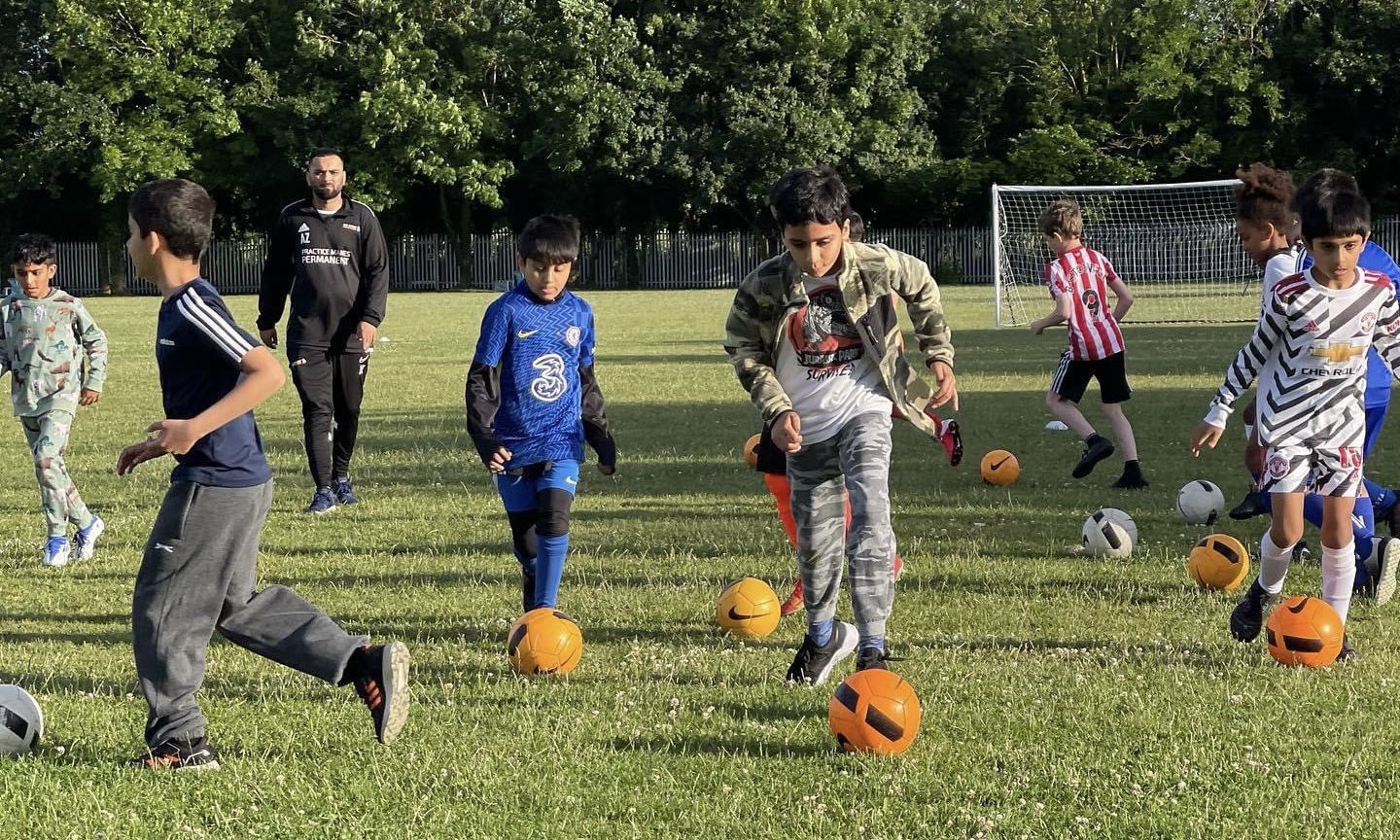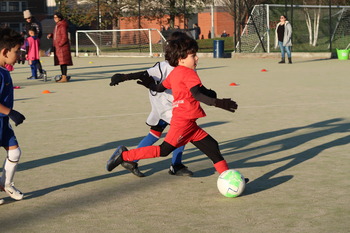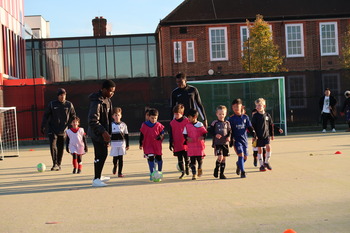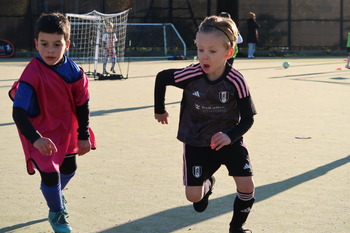There are lots of different types of training and training strategies. In our blog on training like a professional, we are going to give you some useful tips to ensure you are getting the most from your training!
Rest is important!
Whatever types of training you are currently working through be it, speed, technical, strength, flexibility or endurance you must be sure to have a good work to rest ratio.
If you are for example training for strength and working on jump training / plyometrics (explosive power training) great for improving speed and increasing the power of a player in the air, you would want to have the following training day on a different area of training / different type of training - flexibility, allowing your body to get the rest you need to be an efficient performer
Recovery!
Recovery is so important for footballers and athletes. The type of training we were referring to above; Plyometric training is more commonly used by strength and conditioning coaches.
When the muscles are working they are getting longer and shorter (contracting) Inside the working muscles we have muscle fibres (I like to think of them as shredded wheat, if you look at a shreddie it is tightly knitted together.) As the muscles are working harder and harder the muscles fibre (protein filaments) begin to tear.
This is why it is so important to have the appropriate recover type, as these muscle fibres tear (this is all going on inside the muscle belly)
your body will begin to repair them!! When your body repairs the broken muscle fibres (Muscle shreddies) our muscles gain mass and they get a little bigger and a little stronger each time!!
If you don't allow your body to repair itself, it's like playing with a remote control car (we have all gone it!) The car isn't quite charged but your going to play anyway, doesn't live up the expectation!! It dies quickly, doesn't go as fast and now is going to take even longer to re-charge!!! Our bodies are the same, REST and let your body repair and revitalise.
After training burn!
After training you will usually feel fine....However it's only the next morning you may start to feel a little stiff, tender or numb! This is not anything to be concerned about this is again a recovery process, commonly known as lactic acid. This is a by product given off by our muscles.Lactic acid is released into the muscles when they have used up their normal energy stores but still have intense energy needs. Small amounts of lactic acid operate as a temporary energy source, thus helping you avoid fatigue during a workout. However, a build up of lactic acid during a workout can create burning sensations in the muscles that can slow down or halt your athletic activity.
This is commonly known as DOMS. Delayed Onset Muscle Soreness; can take place up to 24-72 Hours after training. "No pain, no gain!" That's actually 100% correct!!
The sciencey bit!
The muscle fibres in our bodies that make up the muscle belly like our shreddies, are proteins.
Actin and Myosin
They have that really important role of building; growth and repair, to re-build the muscles that tear when we train!
This process is called the sliding filament theory.This theory was first originally conceived by Hugh Huxley in 1953.
Feeding your body!
Feeding your body with the right stuff is paramount to be an effective and efficient athlete! All modern day footballers are athletes!!
20% of our body is made up of this stuff!!! Protein - food source found in Fish, Chicken, Nuts, Eggs, Seeds, Lentils and Beans. Protein is primarily used (taken from the food we eat) to help use repair and grow! Exactly what the doctor ordered!!
Handy tips!! It's takes a little while for our bodies to break down and process our protein from our foods, but amino acid which is found in green foods (vegetables) is a breakdown of protein, so your body can begin repairing more quickly!
Amino acids are the building blocks to used to "make" protein. Amino Acid Foods - Spinach, Curly Kale, Asparagus, Vegetables, Bell Peppers, Tofu & Beans. GREEN SNACKING!
Food for thought!
70% of our bodies (performance) are made in the kitchen!! Eat well perform well. Eat regularly. If we eat every 6-7 hours our bodies switch off and it slows down our metabolic rate (our metabolism.) Eating regularly, every 3-4 hours. Our bodies are constantly burning calories to digest our foods. Our meals are more regular and so are smaller. This will help prevent gaining weight as lots of people who tend to eat the traditional 3 meals a day, big plated meals will begin gaining weight (stored as fat) excess energy our bodies don't need and won't use - STORED.This is as it takes 20 minutes on average for your food to reach your stomach - to know you are full!! Eat regularly, smaller portions!
Dont forget, drink regularly! A minimum of 2 litres a day.
Competition
When you are anticipating a big day! Football match, tournament, elite training, these are the things to remember.
- Drink ample amounts the day/evening before your events, start hydrating the body.
- Eating - foods high in carbohydrates, good for storing energy!
- Lucozades / isotonic drinks are to replace the electrolytes we loose in our sweat! Basically when we sweat the salts in our body came out as a by product. We need to top these up with these sorts of sugary drinks before, during and after the game! (Known as electrolytes.)
Training like a professional, remember to train your areas your not so good at! Ask your coaches to assess you! "Coach what do I need to do as a player to get to the next level as a footballer"
For more information on diet, nutrition and training speak to your We Make Footballers Coach. If you're not training with us yet, BOOK NOW - We offer a FREE trial to all new players!




